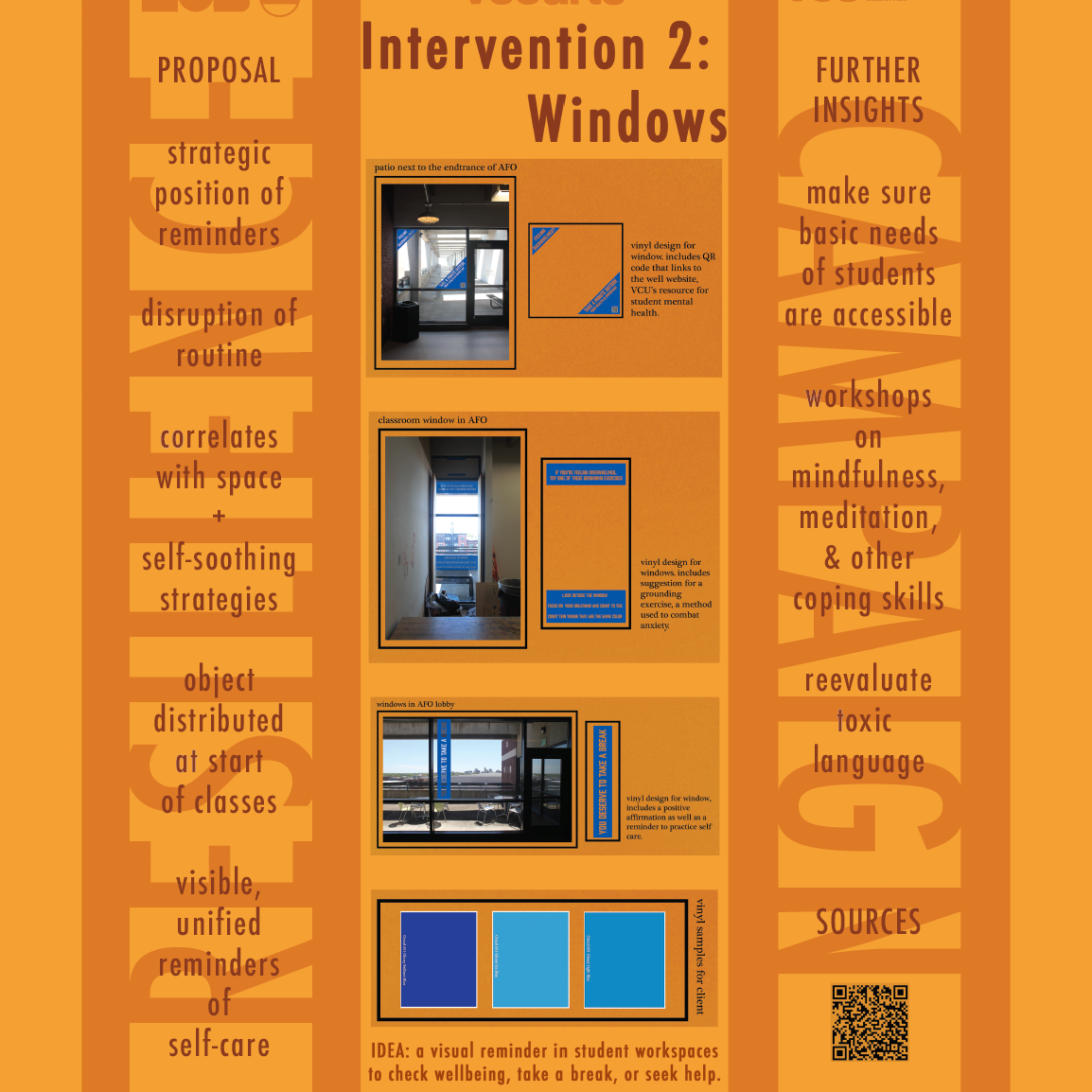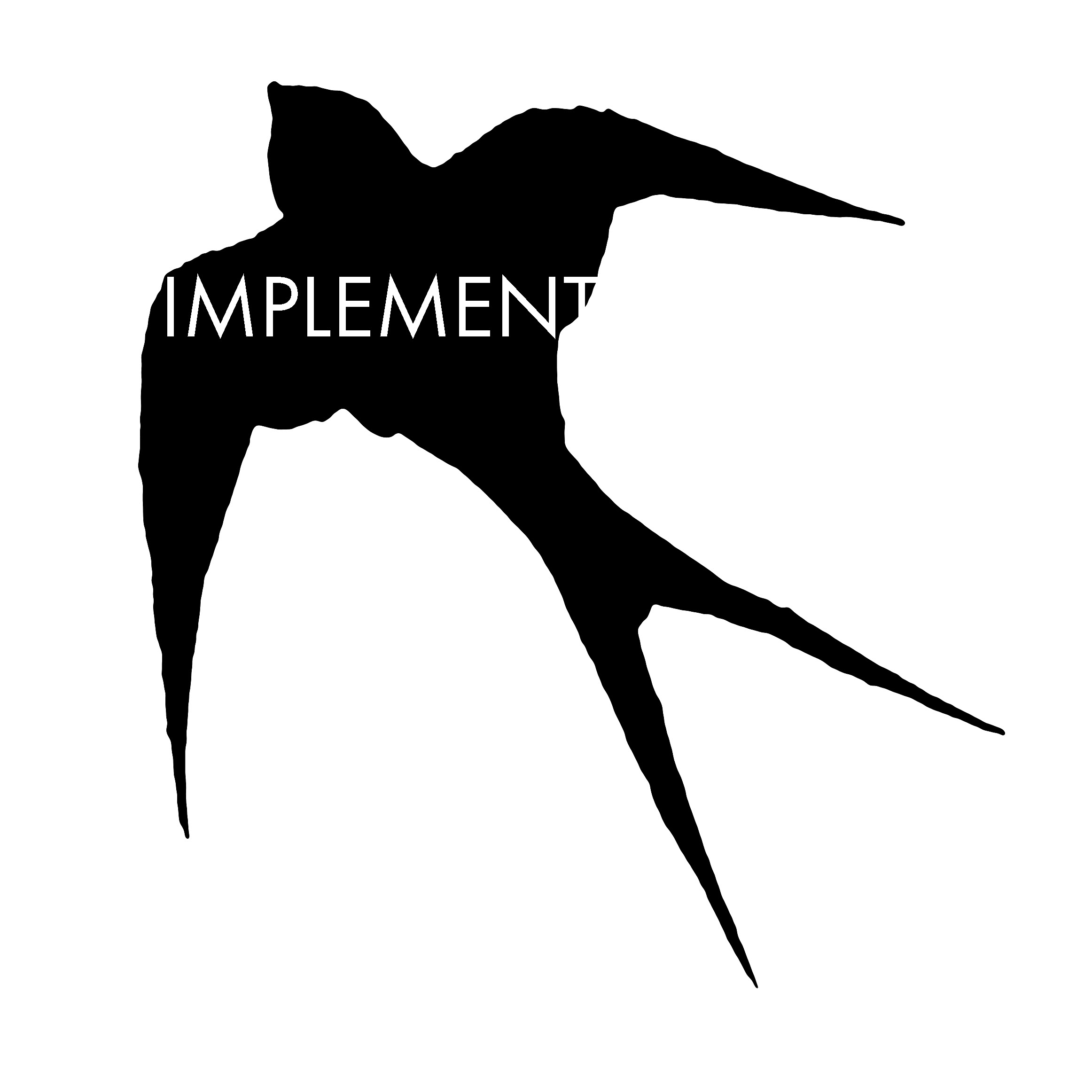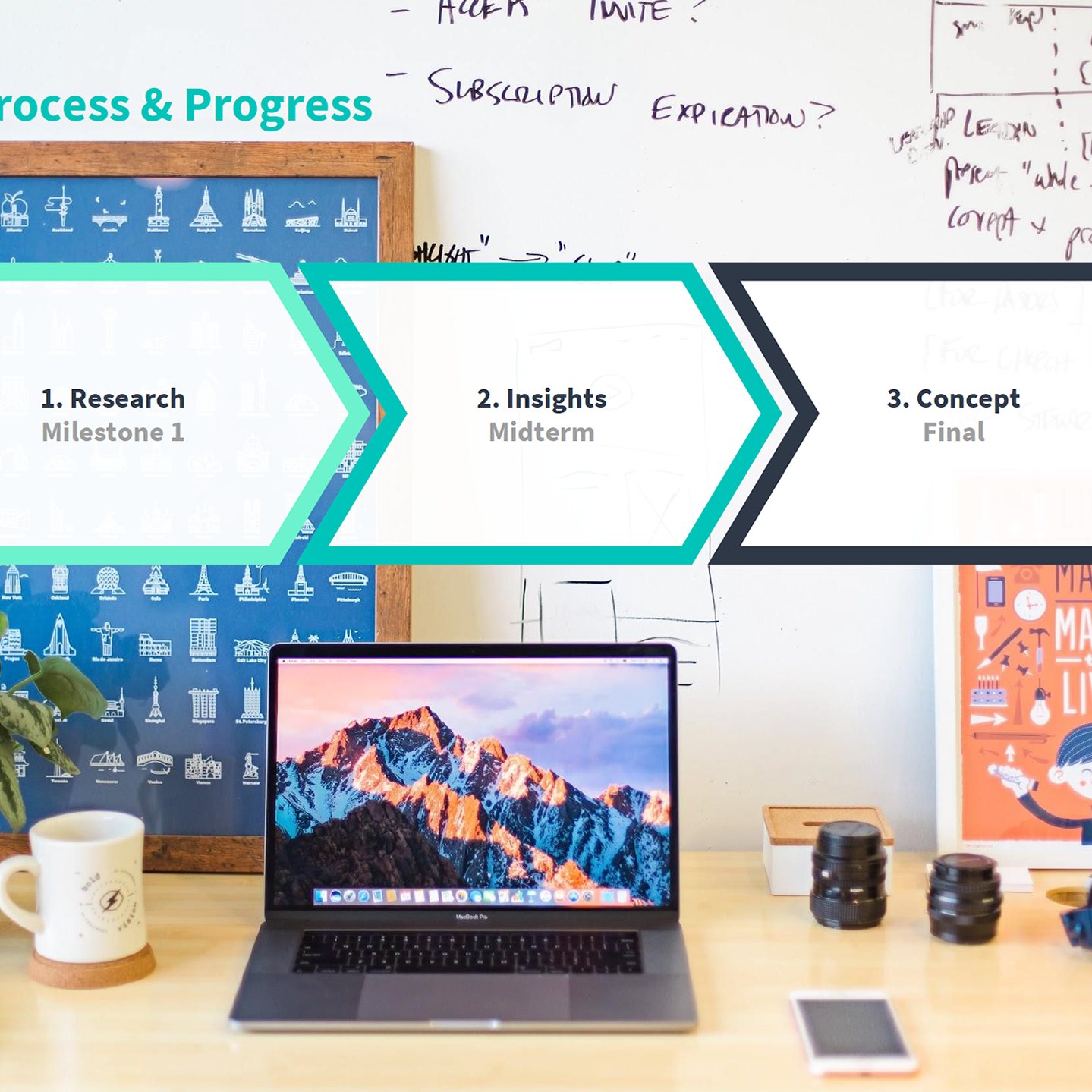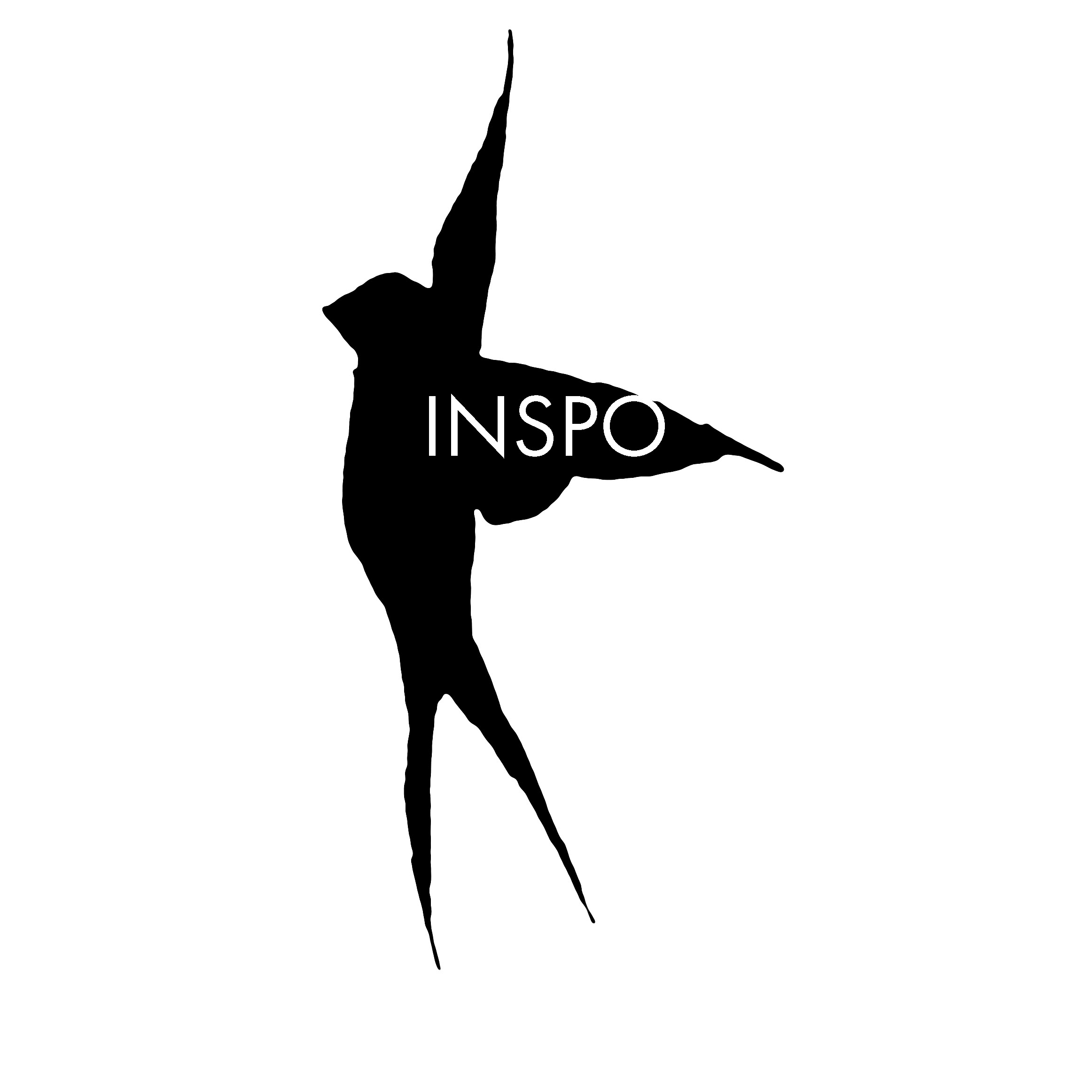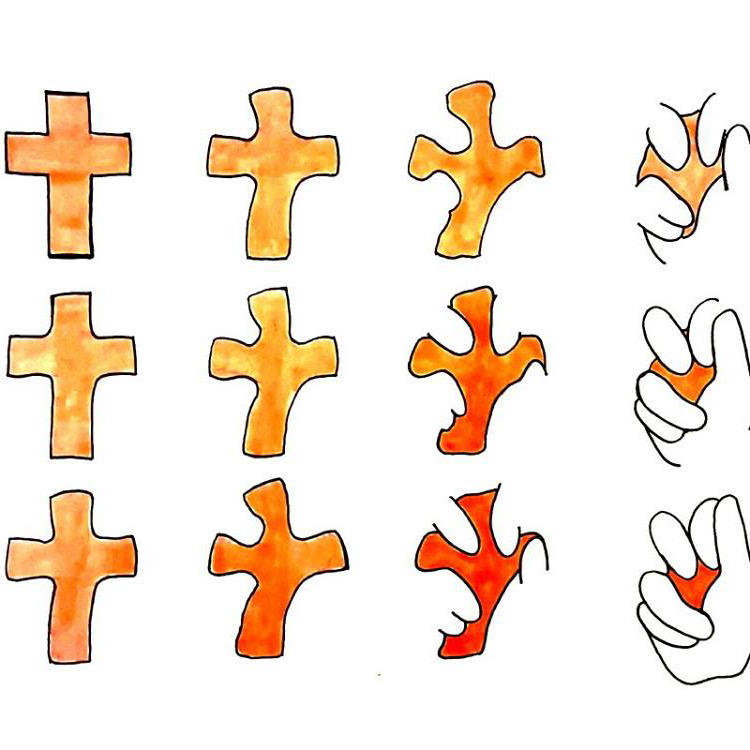Problem: How might we help unsheltered women in RVA achieve bodily integrity?
Team: Interdisciplinary humanities & arts (5 members), local shelter staff, community activists
Tools: Google Workspace, Adobe CC, Zoom
Role: Strategist, pitch presenter, "my idea"
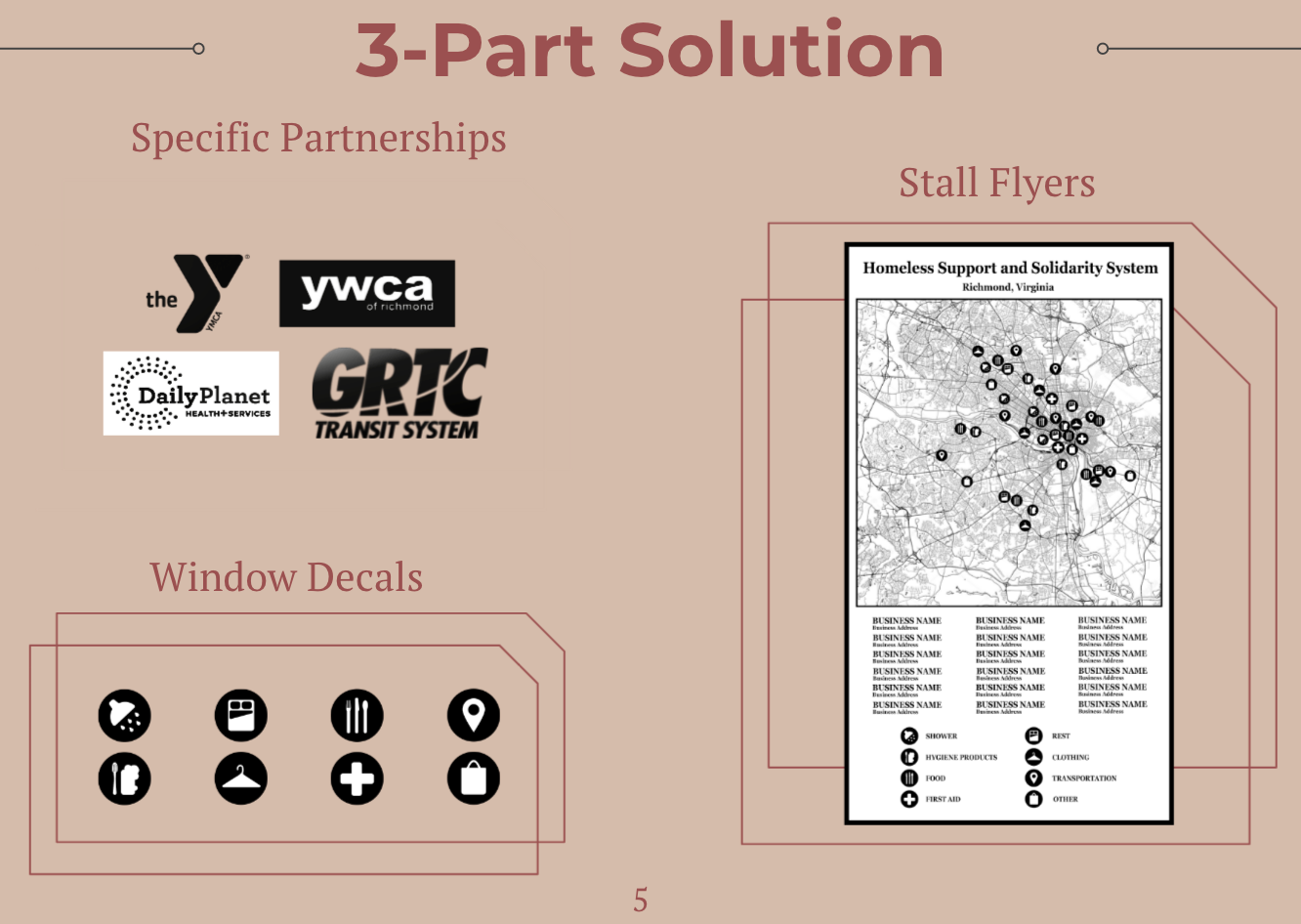
Process: We researched this issue by collecting articles about the problem, identifying major players in the local network, and interviewing staff at local shelters. We then analyzed this information using a problem statement canvas, and from this we defined our HMW challenge. We brainstormed ideas and ran them by community activists, who helped us curate a potential solution. We fabricated MVP prototypes and a pitch deck. I presented the pitch to the mentor panel. We refined our design based on their feedback and delivered it in an executive summary.
Solution: A tangible initiative to facilitate awareness of open resources among unsheltered people, thereby augmenting their self-sufficiency. Window decal icons of consistent brand denote public access to a free resource within the establishment. Resources for sexual assault survivors are explicitly represented. In public restrooms, maps hung inside stalls are marked with the same icons, indicating locations of open resources. Community partners distribute these materials.
Outcome: The judges selected our design as the winner of the social justice category of the Sprint.

